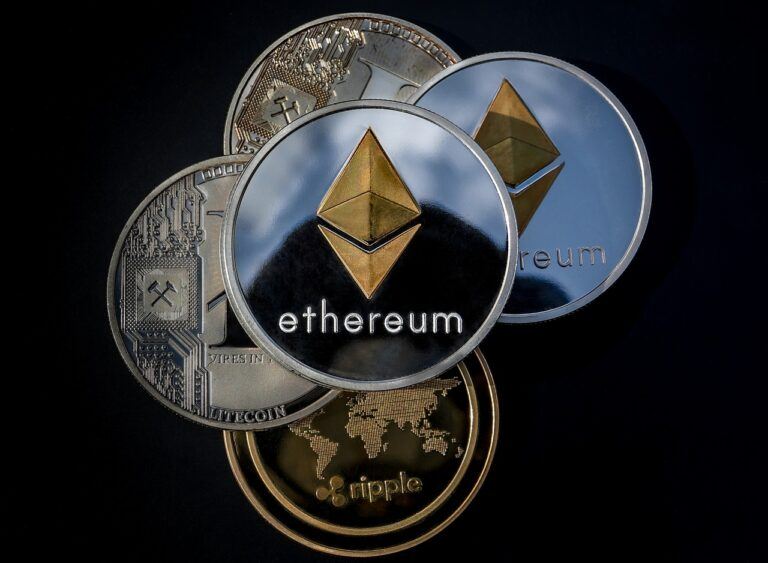EDF Energy, a company that provides gas and electricity to homes and offices throughout the UK, has developed visual simulator software GPUSPH on iExec, a decentralized application that runs on the Ethereum (ETH) blockchain.
The GPUSPH simulator uses “smoothed particle hydrodynamics” for modeling fluids, in order to study water dams and the processes involved in lava cooling. EDF’s simulator software can run on standard GPUs and the program’s developers are currently exploring the potential benefits of running the dApp on a public chain, like Ethereum.
In statements shared with Coindesk, Gilles Deleuze, a Principal Researcher and Blockchain-related Project Coordinator at EDF, said:
In a wider perspective, [the] development of distributed computing is a credible scenario for the future, and blockchain may be a nice lever in this scenario. So, let’s explore it.
Heavy Computing Will Be Done Off-Chain
Released in 2016 on the Ethereum network, the iExec app’s initial development reportedly involved several years of research and testing. According to Jean-Charles Cabelguen, the Head of Innovation for iExec, the potential benefits of running the simulation software on decentralized networks, such as Ethereum, include clear monitoring of the computational power used by the app and being able to more accurately determine its processing state.
Acknowledging that the Ethereum blockchain is not yet able to scale, in order to handle a large number of transactions (which is a requirement for most enterprise-grade applications), Cabelguen noted:
The heavy computing is done off-chain and does not overwhelm Ethereum. Afterward, blockchain is used to reach a consensus on the validity of the results [computation] produced by [the app.] A hash of this result is stored on the blockchain.
Ethereum Will Be 1,000 More Scalable Within 18-24 Months
Joseph Lubin, the founder of ConsenSys, a Brooklyn, New York-based Ethereum-related development studio, recently revealed that the Ethereum network will be around 1,000x more scalable. This, after the set of upgrades associated with Ethereum 2.0 have been activated.
Lubin, whose comments came during an interview with Cointelegraph on May 11th, 2019, said that the Ethereum 2.0 update will be released in four different phases. He also noted that there are presently eight different research and development (R&D) teams that are building new Ethereum clients.
zk-SNARKS Tech Could Allow Ethereum To Scale To 500 TPS
Going to mention that the codebase modifications included with Ethereum 2.0 have undergone rigorous testing, Lubin said that future updates to the Ethereum network may also include the option to conduct private transactions.
In September 2018, Ethereum co-founder Vitalik Buterin had said that ZCash’s (ZEC) zk-SNARKs privacy technology could be integrated onto the Ethereum blockchain. Buterin had also claimed at that time that adding zk-SNARKS tech to Ethereum could allow the world’s largest smart contract platform to scale to 500 transactions per second (TPS).








